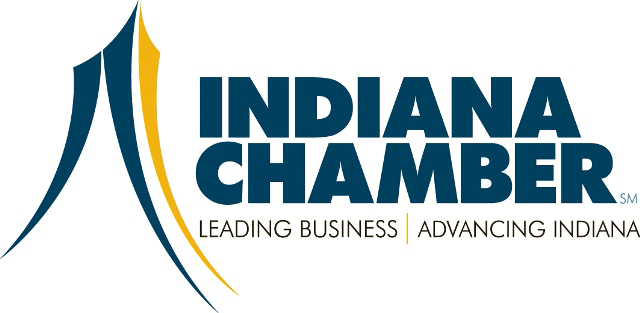 There are many ways to measure brand engagement on social media. But according to a study from PhaseOne Communications, Starbucks has parlayed its approach into becoming the most highly regarded when it comes to engagement with customers. Ragan.com reports on how:
There are many ways to measure brand engagement on social media. But according to a study from PhaseOne Communications, Starbucks has parlayed its approach into becoming the most highly regarded when it comes to engagement with customers. Ragan.com reports on how:
"The very public nature of social media taps into consumers’ public persona—the idealized version of themselves that they want to present to others," the report states. "This can be quite different from their private selves—those aspects of themselves that, while true, are not for public broadcast."
Of more than 20 brands PhaseOne studied, Starbucks ranked highest in social media engagement. "Starbucks becomes the embodiment of their consumers’ idealized selves, seeking experiences uniquely their own," a press release from the firm states.
Social media messages that appeal to the private self tend not to work, the report finds. But those that enable a customer to say something appealing about him- or herself, something that builds the customer’s online image, drive engagement. Brand statements that give customers that opportunity should drive communication strategies, the report’s authors contend.
The ‘me’ statement
Each brand needs something the report’s authors call a "me statement," a way of articulating how the brand and its customers’ public images can become intertwined.
"Brands don’t just happen upon a ‘me statement,’" says Lisa Allard, co-author of the report and PhaseOne’s vice president of special services. "It takes a lot of work."
To arrive at the statement, brands need to identify who their consumers are and what they want, in terms of creating public personae. Then they have to pinpoint the bridge between that desire and how the brand can help them achieve it.
For example, Starbucks has a "me statement" along the lines of giving consumers a way to "pursue experiences that are uniquely me." On Facebook, the company uses that "me statement" to engage customers by asking them to talk about their coffee preferences or personal stories.
McDonald’s, another company ranked highly in the report, has a statement that deals with consumer savvy. Audi’s message focuses on a high-end, modern lifestyle.
Terry Villines, PhaseOne’s senior vice president of analysis and also a co-author, says brands should generally stick to one, broad "me statement" for all its messages.
"When a brand tries to stand for too many things in consumers’ minds, they end up standing for nothing," he says. Brands can have different messages for different products, perhaps, but the core message should remain consistent.
Allard acknowledges audiences aren’t monolithic, however. That’s why brands have to present messages tied to their "me statements" in different ways, "tied in a creative envelope."
